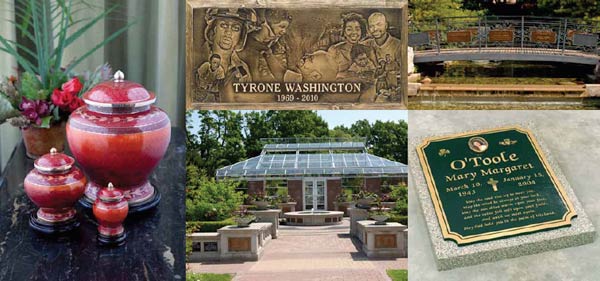1. That cremation doesn’t limit your funeral choices.
Our research shows that many families aren’t aware of all the choices they have for saying goodbye to loved ones. You can be as creative in planning the way you want to say goodbye to your loved one as you wish. Cremation or Burial, your services should be created to meet your family’s emotional needs. We offer many examples of how other families have created services to help move from grief to remembrance.
2. That cremation doesn’t limit your ways of creating permanent remembrances.
In fact, when you choose cremation you have a wide variety of choices that include permanent memorials, cremation niches, and cremation gardens. And new technologies allow you to create truly personal remembrances that capture a life in uniquely meaningful ways.
3. That cremation doesn’t just mean scattering.
While advertising makes it seem like that is the only choice, when you choose cremation you can have any kind of service, and any kind of memorial you wish. That means you can have a traditional service and a cremation, a scattering and a permanent cemetery niche, or space in a cremation garden. And for many families having a permanent place to remember their loved ones fills an important need that a scattering just can’t.
4. That many religions have special considerations around cremation.
For example, while the Catholic Church now permits cremation—the Church requires that the cremated remains are kept whole and not strewn or otherwise separated. Other religious traditions also have requirements regarding cremation and funerals.
5. That “direct cremation” means not seeing your loved one.
Many families don’t realise that with a direct cremation, when the body is removed, they will have no opportunity to ever see their loved one again. And for many families being able to see their loved one at least one last time is very important.
For more information on your choices, contact an Authorised Remembrance Provider℠.
